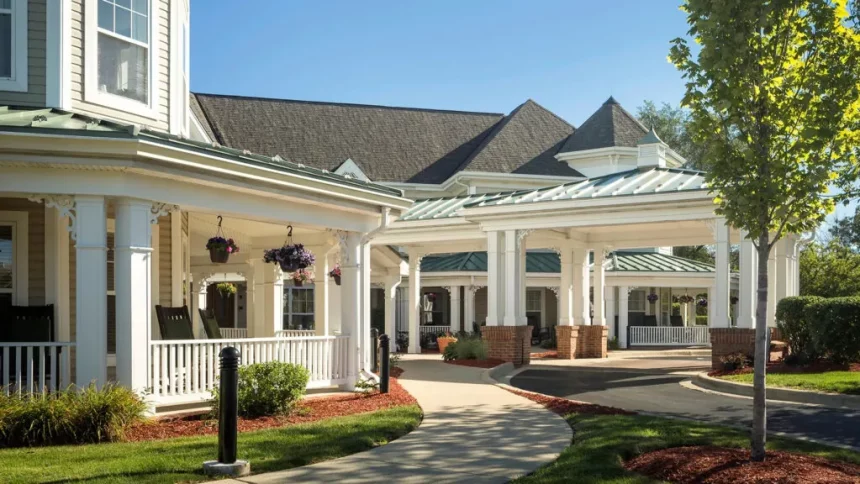This article is part of your SHN+ subscription Senior living operators across the U.S. are assembling their regional leadership teams and strategies in an effort akin to a high-stakes chess match or solving a complex puzzle. The challenge is that regional leaders are often in charge of driving improved performance at the communities they manage.
Operators have different strategies and philosophies for solving those challenges. As executives look at their portfolios from a 30,000-foot view – weighing tough decisions regarding where to best place regional talent to support operations and cut through staffing challenges – they are often faced with complex problems of blending soft-skills leadership, past experience, and skills that meet a company’s greatest operational need.
From a high level it’s looking at a chessboard, strategizing, and placing the right specialists at the regional level to help you succeed,” said Onelife Senior Living CEO Dan Williams.
For private-pay rental senior living communities, regional management teams must have “intensity, focus, and nimbleness,” as the rental environment creates a “pressure-packed” space with shifting dynamics of occupancy, margin, and care outcomes, according to Life Care Services (LCS) President and future CEO Chris Bird.
Operators including LCS, Atria Senior Living, Watermark Retirement Communities, Phoenix Senior Living, Onelife Senior Living, and Anthem Memory Care are taking steps to evolve the ways regional management teams support communities and execute on home office directives that impact operations.
It’s no secret in the last four years that senior living operators have faced multiple staffing challenges including high turnover, increased wage pressure on the bottom line or inability to reach potential employees from other sectors. Des Moines, Iowa-based LCS shifted its regional management structure in 2018 to better delineate between the company’s lifeplan community roots and its fast-growing roster of rental communities, Bird said.
By creating career pathways for new employees with strong regional engagement, LCS has cultivated homegrown talent as associate executive directors, executive directors, and department heads have progressed to regional leadership positions.
At the same time, LCS launched a recruitment effort to find talent previously out of reach. For example, LCS has a four-community portfolio in Tennessee in which a regional clinician launched a med tech training program in conjunction with the local nursing board that now helps funnel new care leaders into the industry, Bird said.
“We have a roundness of support from all disciplines as Anthem doesn’t seek to point the finger at one individual and say there’s the problem,” McCoy said. “It’s about finding the solution together.”
The road toward pre-pandemic occupancy and operating margin can look different for senior living providers, but the dynamics surrounding a community’s recovery remain the same. That’s why it is vital organizations provide robust regional support to communities in all areas of operations.
To identify areas of improvement in a given portfolio of communities, Anthem corporate leaders, regional leaders, and community-level directors hold weekly calls to discuss goals and check in on progress. That is mixed with quarterly regional leadership meetings in which leaders can talk strategy and execution on priorities as a group.
Sometimes supporting communities means “literally be part of that frontline team,” assisting in operations, Figueroa said. For example, Atria had a memory care community in Pennsylvania that had a cohort of new staff come onboard, and the regional leader stepped in as the point person in freeing up the new team members to interact with residents more directly. Anthem takes a similar approach in which regional experts in various areas of operations will step in and assist communities in leadership transitions or supporting existing staff while a new community-level leader is hired.






